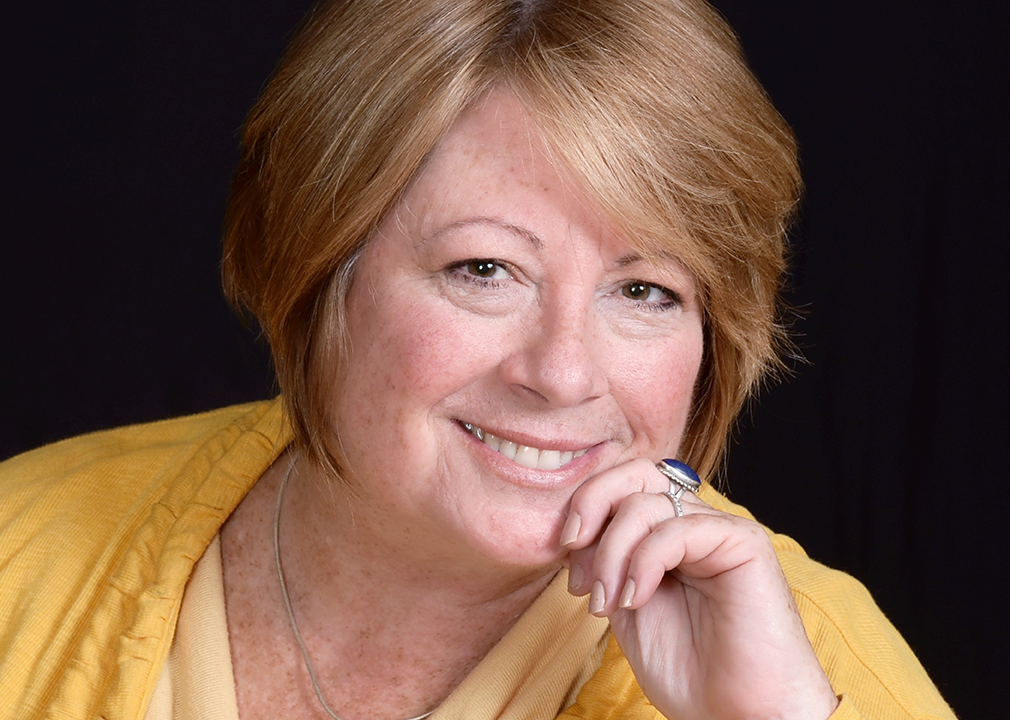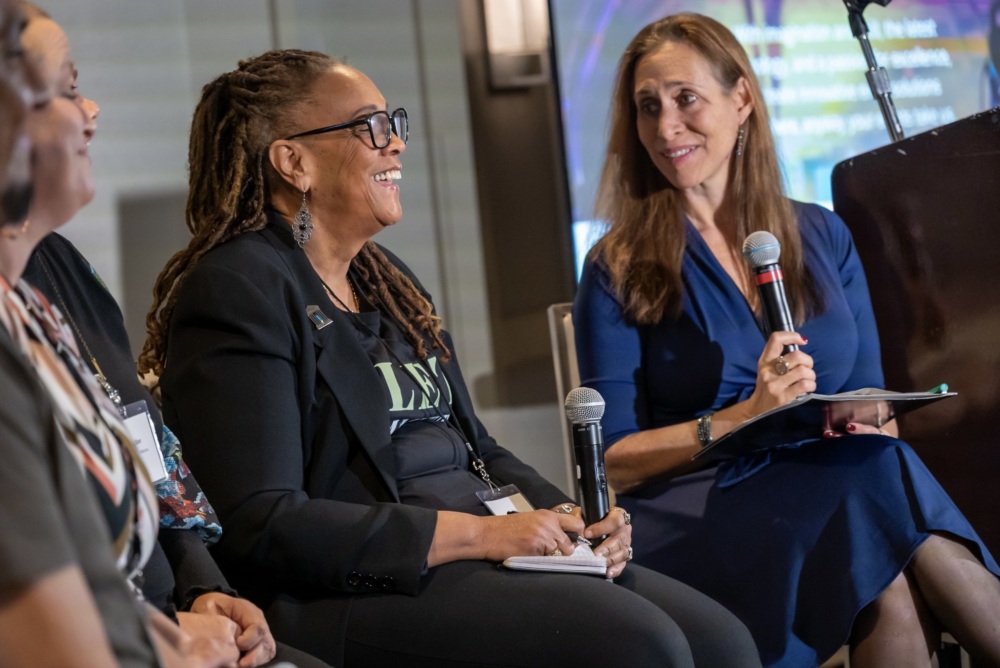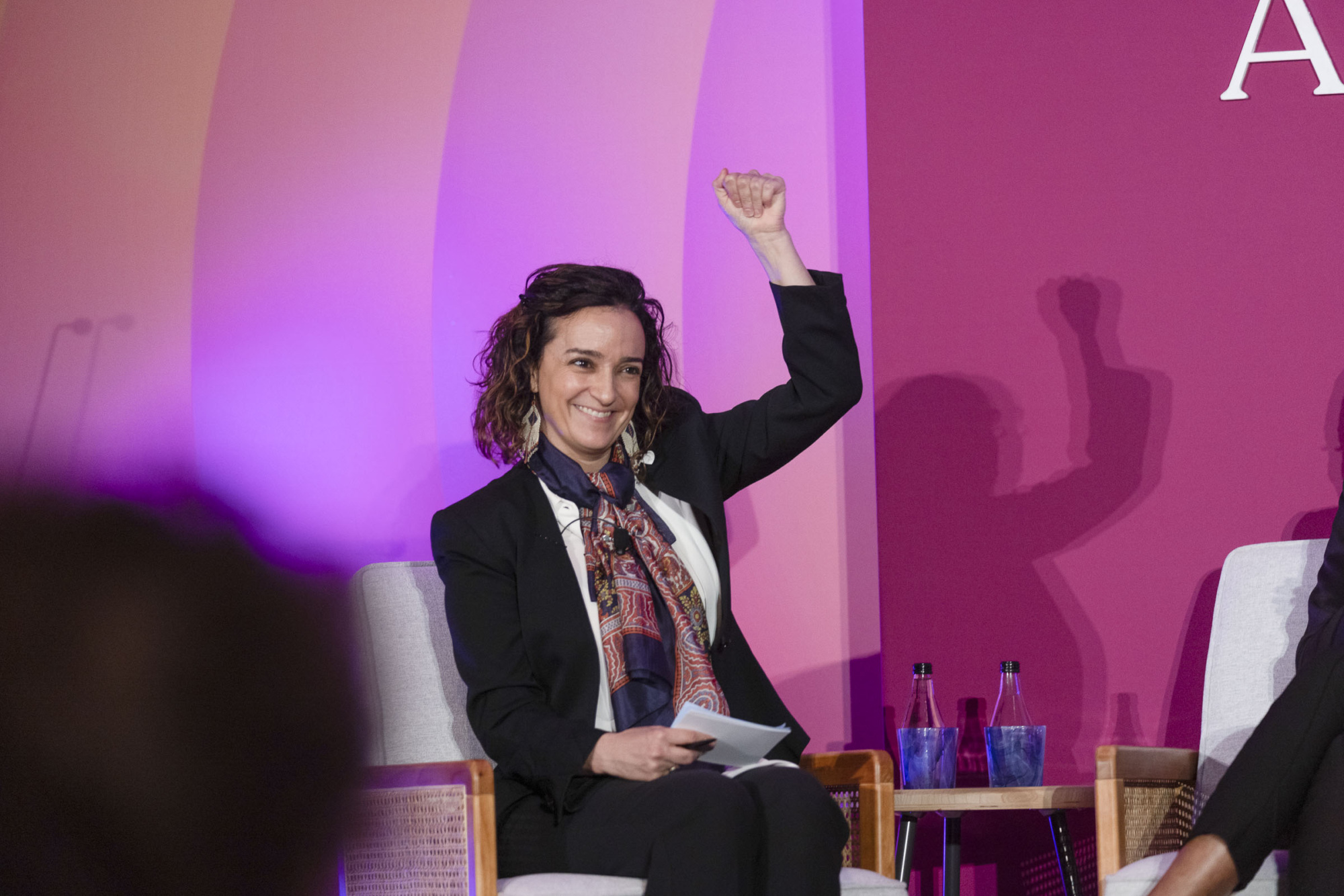Karen Ansara l Essex, MA
Tell us about yourself and your philanthropy journey. What drives your giving and leadership?
God has brought down the powerful from their thrones,
and lifted up the lowly;
God has filled the hungry with good things,
and sent the rich away empty.”
What inspired you to make a $1m+ commitment to women and girls? What do you want to say to others who are considering a bold investment in women and girls?
Being part of the Women Moving Millions community has pushed me to practice feminist philanthropy — and led me full circle. I will participate in WMM’s Reproductive Rights Deep Dive series this fall and the Philanthropic Leadership Program in January. I will invest more in family planning, safe and accessible maternal health care, and safe abortion and aftercare in the developing world. I will invest in advocacy to ensure that women have the right to land ownership, employment, bodily autonomy, marriage choice, and divorce. I will continue to support women as economic agents, activists, and heads of household with grants for microfinance, livelihoods, and leadership. And I will help to promote feminist philanthropy by serving on the WMM board.Much of my $1 million commitment is devoted to health care facilities and services for women in the developing world and given in partnership with my husband, Jim, founder of Build Health International (BHI). Our major focus is on Haiti, a destitute country where women are among the most oppressed in the world – yet called “poto mitans” or “pillars of society.” How can a Haitian woman be a pillar if she is beaten down and broken?
How will this bold investment help us realize a gender equal world? What impact do you hope to have?
As MSI has reported, “Right now, there are 218 million women who want contraception but have no way to get it. Worldwide, 35 million unsafe abortions occur each year.” In Sierra Leone, PIH states that one-third of girls will become pregnant by age 19 and 1 in 20 women will risk death in pregnancy or childbirth. One of our largest personal investments is in a new state-of-the-art Maternal Center of Excellence in Sierra Leone, now under construction via a collaboration between Partners in Health and BHI. It will train doctors, nurses, and midwives to stop senseless maternal deaths.
In the western hemisphere Haiti has “the highest rates of maternal mortality and infant and child death before age 5.” Imagine being one of 75% of Haitian women who give birth at home – often over a dirt floor — without a skilled birth attendant. So, we have invested in primary and pre-natal care for women via Care to Communities in the north, Midwives for Haiti and Partners in Health in the center, and Health Equity International in the south, which operates the only 24/7 surgical center in that region equipped to do C-Section deliveries.
I have never gone through childbirth. I have never given away a child. I have never scratched the dirt to feed my family. But I can use my privilege to lift up the lowly and fill the hungry with good things. And I can do this best within a community of donors who encourage me to be my sister’s keeper.


